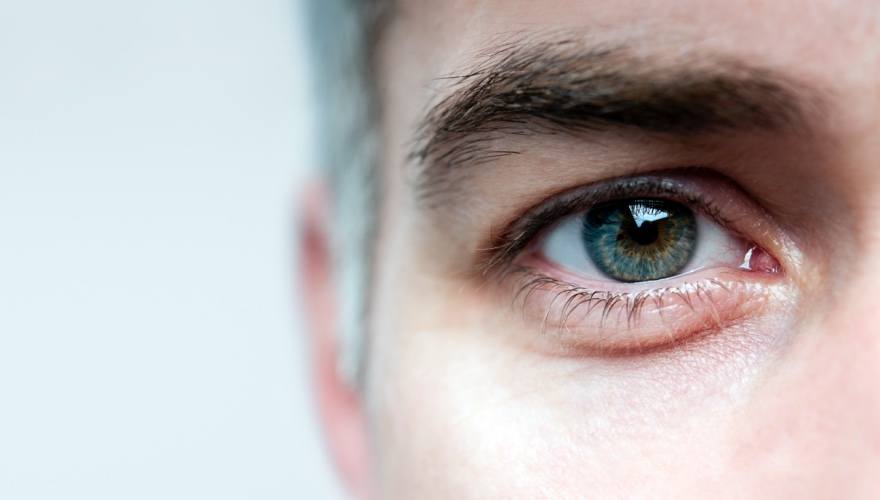While LASIK can improve long-term vision, not everyone is a perfect candidate. Learn what role age plays and how the experts at Wills Eye Physicians Bailey Weber Wisner factor it in when determining who is eligible for the procedure.
What role does age play in determining who should and shouldn’t get LASIK?
People in their mid 40s or so begin to develop trouble with their up-close vision. So, if you’re someone who’s 25 and you have LASIK, you’ll get 20 years of benefit from it. However, if you’re someone who’s 39 and has LASIK, then you may only have a couple years of benefit until your reading vision starts to break down. Yes, someone who is 39 can receive LASIK, but you need to look at it in terms of return on investment. Most LASIK procedures are paid out of pocket, so you want solutions that will last.
On the other hand, people can also be too young. A person’s prescription has to be stable over time, generally a year, before we would perform the procedure. If the prescription is changing; the eye’s changing. LASIK fixes the prescription at one point in time. So, if a young person receives LASIK, but they continue to grow and their eye changes, they may need a procedure called an enhancement. However, you can get into a situation where enhancements stack up on each other, so we prefer to wait until a person’s eye has stopped changing.
Are there other reasons older patients shouldn’t get LASIK?
LASIK is going to help people who have a hard time seeing at a distance. So, this works great for young people because we can also focus the natural lens in the eye to help with up-close vision. For people in their 50s and 60s, they lose their ability to see up close regardless of what we do. So, even if you have LASIK to correct for distance vision, you still often have to wear glasses for up-close tasks, reducing the benefit of the procedure. Also, people in there 50s and 60s tend to start developing cataracts, and cataract surgery will usually fix vision in a way similar to LASIK.
